 Shutterstock
Shutterstock
Dogs are often seen as our loyal companions, always by our side, wagging their tails and offering unconditional love. However, just like us, they can experience various emotions, including jealousy. It can be tricky to spot when your dog feels left out or envious, but certain behaviors can be clear indicators. Recognizing these signs helps maintain a healthy relationship with your dog, ensuring they feel secure in their bond with you. After all, a happy dog makes for a happy home!
A Sudden Change in Behavior Around New People or Pets
 Shutterstock
Shutterstock
One of dogs’ most evident signs of jealousy is a noticeable shift in their behavior when a new person or pet enters the scene. If your dog suddenly becomes more territorial, barks excessively, or even growls at a newcomer, it could indicate feelings of jealousy. This behavior often arises because the dog perceives the new presence as threatening its established bond with you. Dogs are inherently social creatures, but they also develop strong attachments, so they may feel insecure when someone else enters their territory.
Excessive Attention-Seeking
 Shutterstock
Shutterstock
Does your dog suddenly start demanding more attention when you show affection to another person or pet? This can be another sign of jealousy. If your dog wasn’t always needy or attention-seeking but begins nudging your hand, sitting on your lap, or whining loudly when you’re focused on something or someone else, it may be trying to reclaim your attention. Essentially, your dog wants to remind you that it’s the one that deserves your love, and these behaviors can indicate frustration or insecurity.
Aggressive or Defensive Behavior
 Shutterstock
Shutterstock
Dogs might act aggressively or defensively if they’re feeling jealous, especially when they sense a challenge to their bond with you. This can include growling, snapping, or even physical altercations with other pets or people. These outbursts are often due to insecurity; your dog may feel that its place in the family hierarchy is being threatened by someone else. In more subtle cases, jealousy-driven aggression can include blocking access to you or staring down the new person or animal.
Increased Territoriality
 Shutterstock
Shutterstock
Jealous dogs can exhibit territorial behavior, particularly when they feel their personal space or your attention is being invaded. This might include your dog guarding areas like your lap, bed, or even the doorway. They may also growl or stare at people or animals who try to enter these spaces. Territoriality is often linked to jealousy, as the dog sees these objects as symbols of its bond with you and feels threatened when others encroach on them.
Changes in Eating or Sleeping Habits
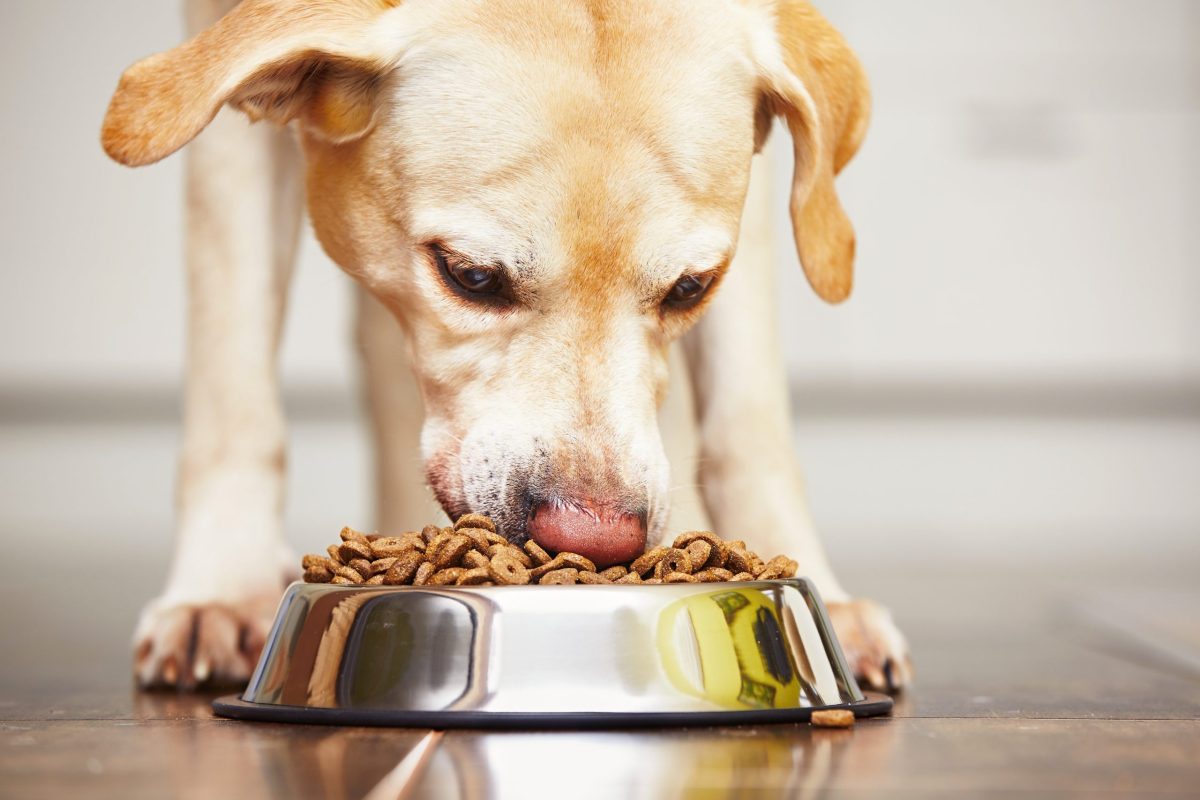 Shutterstock
Shutterstock
A jealous dog might start to exhibit changes in its daily habits, such as eating or sleeping more (or less) than usual. It could be an emotional reaction if your dog seems to be overeating or under-eating when you’re paying more attention to another person or pet. Similarly, a dog might start to sleep more in an attempt to regain your attention or comfort. They might also try to sleep in the same spots you use most often, like on your bed or couch, in an effort to reinforce their bond with you.
 Shutterstock
Shutterstock
A dog that is feeling jealous may suddenly refuse to share toys, food, or even space with other pets. If your dog becomes more possessive over its belongings, such as guarding a favorite chew toy or refusing to let another animal near its food bowl, it could be a reaction to jealousy. This behavior occurs because your dog sees these things as part of its personal claim over you, and sharing them with another pet or person feels like a threat to that claim. In this way, jealousy can lead to possessive behavior as your dog tries to assert its dominance.
Whining or Barking for Attention
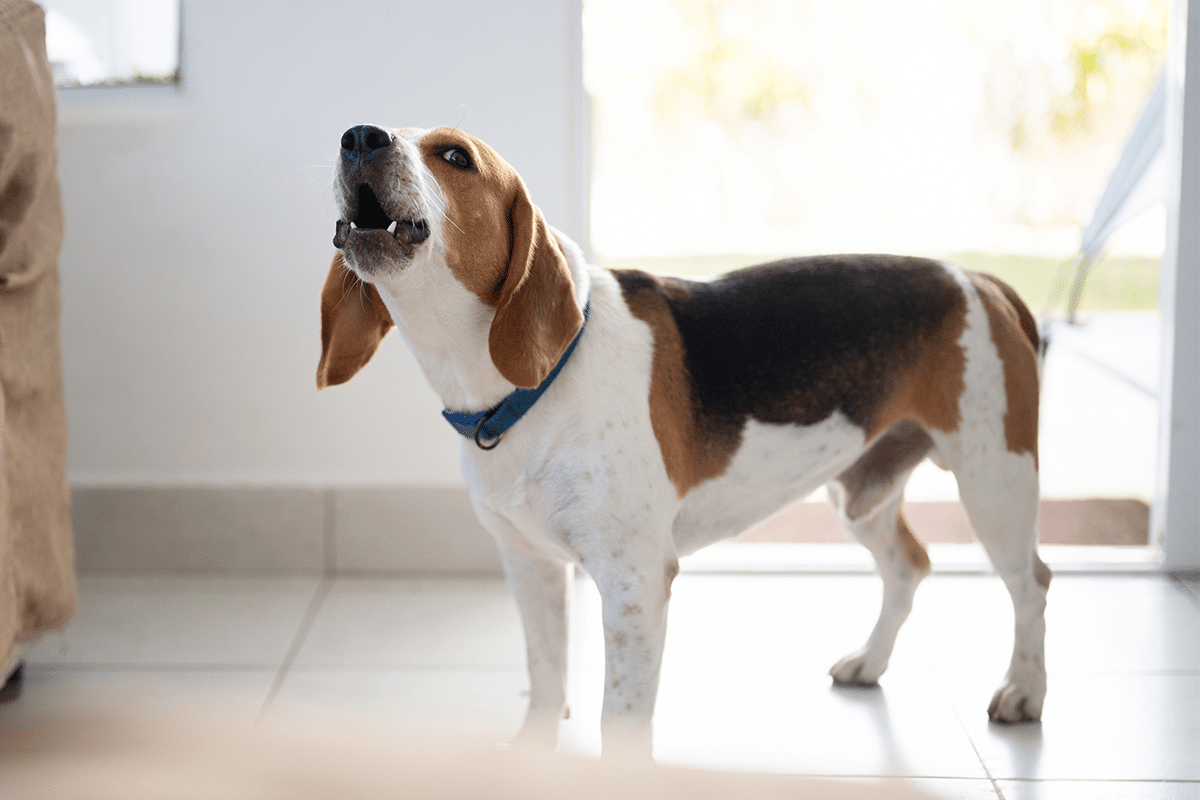 Shutterstock
Shutterstock
If you’ve noticed your dog whining, barking, or making other vocalizations at moments when you’re giving attention to someone or something else, this is a classic sign of jealousy. Dogs are known for being vocal when they’re trying to express their needs or desires, and when they feel ignored or left out, they’ll often try to get your attention by making noise. Whether they’re barking at the door when you’re talking to a guest or whining when you’re petting another animal, these sounds are often a form of jealousy-driven communication.
Sudden Insecurity and Anxiety
 Shutterstock
Shutterstock
Jealous dogs may start to show signs of insecurity or anxiety, especially if they feel like they’re losing their place in your affections. This might manifest as submissive behavior, such as licking their lips, cowering, or showing signs of stress, like pacing or panting. Dogs can pick up on the fact that you’re giving attention to something or someone else, and this can cause them to feel uncertain about their standing in your life. In extreme cases, jealousy can lead to separation anxiety, where the dog becomes overly clingy or distressed when you’re not around.
 Shutterstock
Shutterstock
When dogs feel jealous, they may stop participating in activities they once enjoyed. For example, they might withdraw from playtime or social interactions with their humans or other pets. This is a subtle sign that the dog feels emotionally overwhelmed or stressed by the presence of the new attention-stealer. If you find that your dog is less enthusiastic about walks, play sessions, or simply hanging out with you, it could be a sign that jealousy is affecting their emotional state.
The Doggie Drama Unfolds
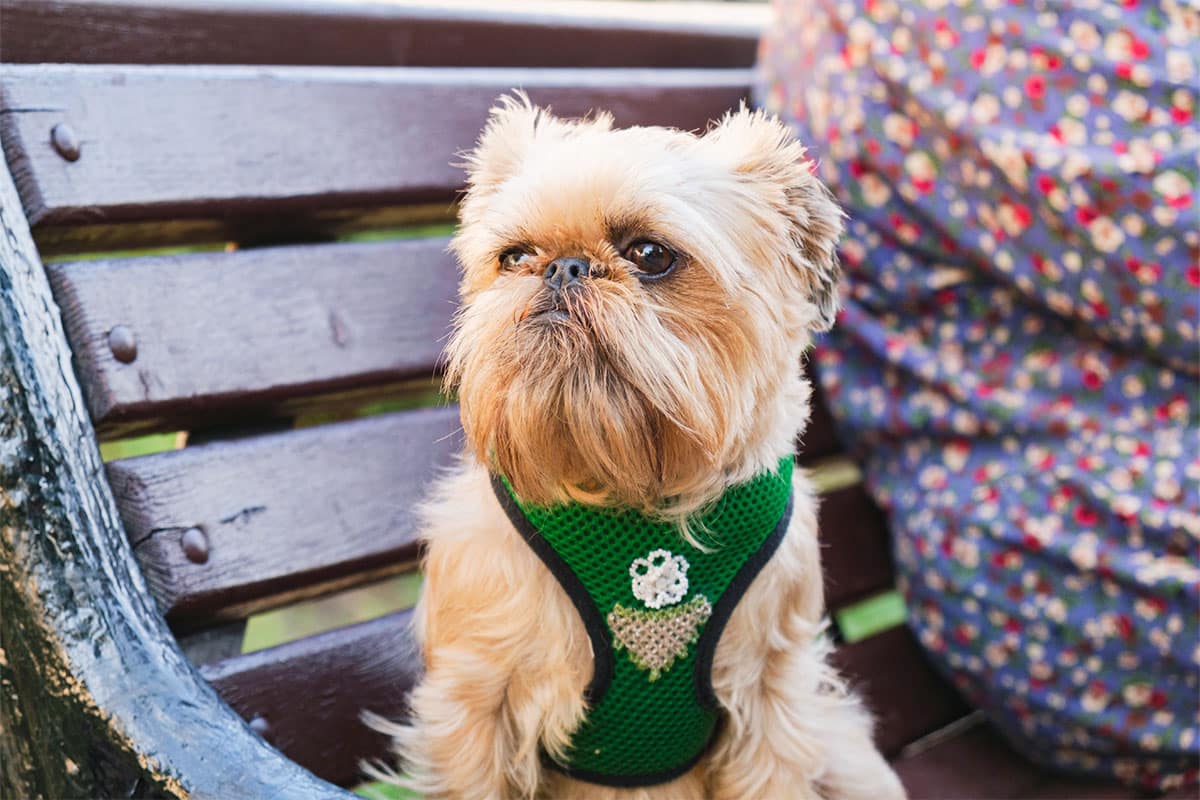 Shutterstock
Shutterstock
Dogs aren’t shy about showing their feelings, especially when they’re jealous! As your furry companion, they can get a little possessive when someone else steals the spotlight. Dogs will tell you exactly how they feel, whether through a paw on your lap or a slight growl. They need reassurance, just like us. Spend quality time with your dog, offer affection, and keep them secure in their place in your home. After all, a happy dog is well-behaved, and they’ll share the spotlight when they feel loved!

 1 month ago
20
1 month ago
20
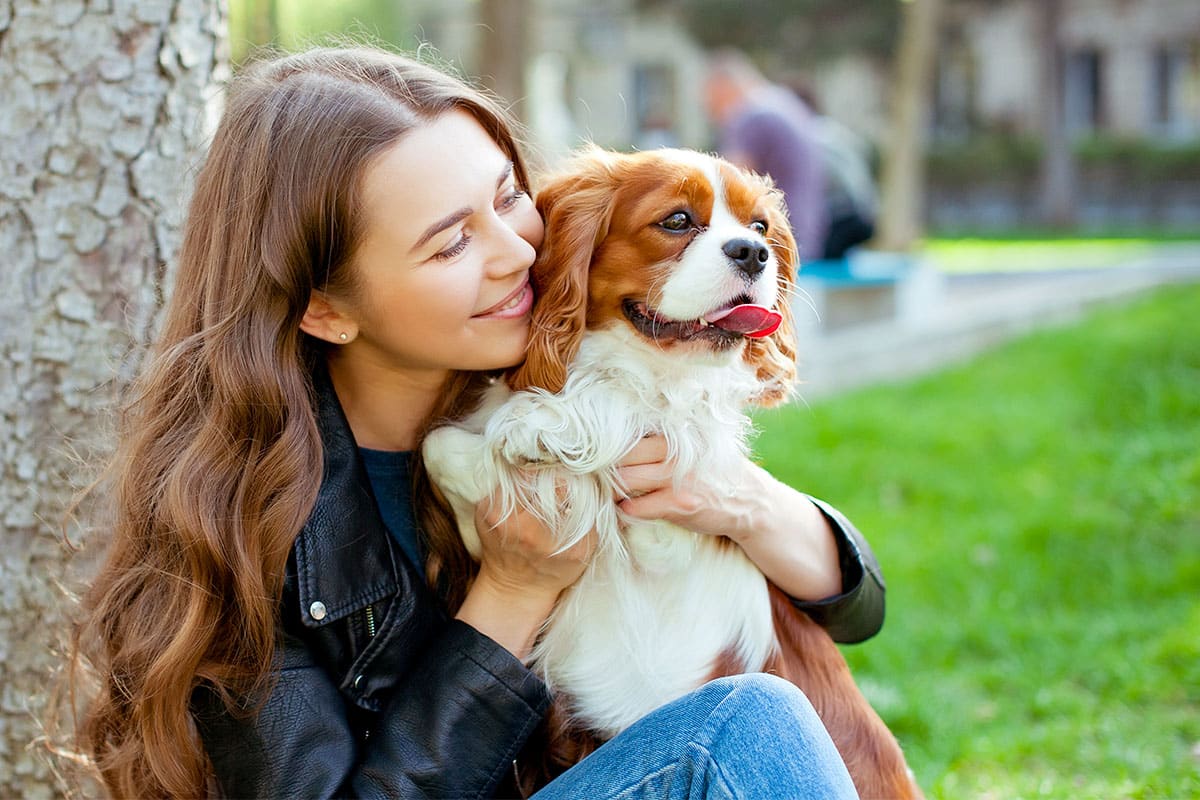
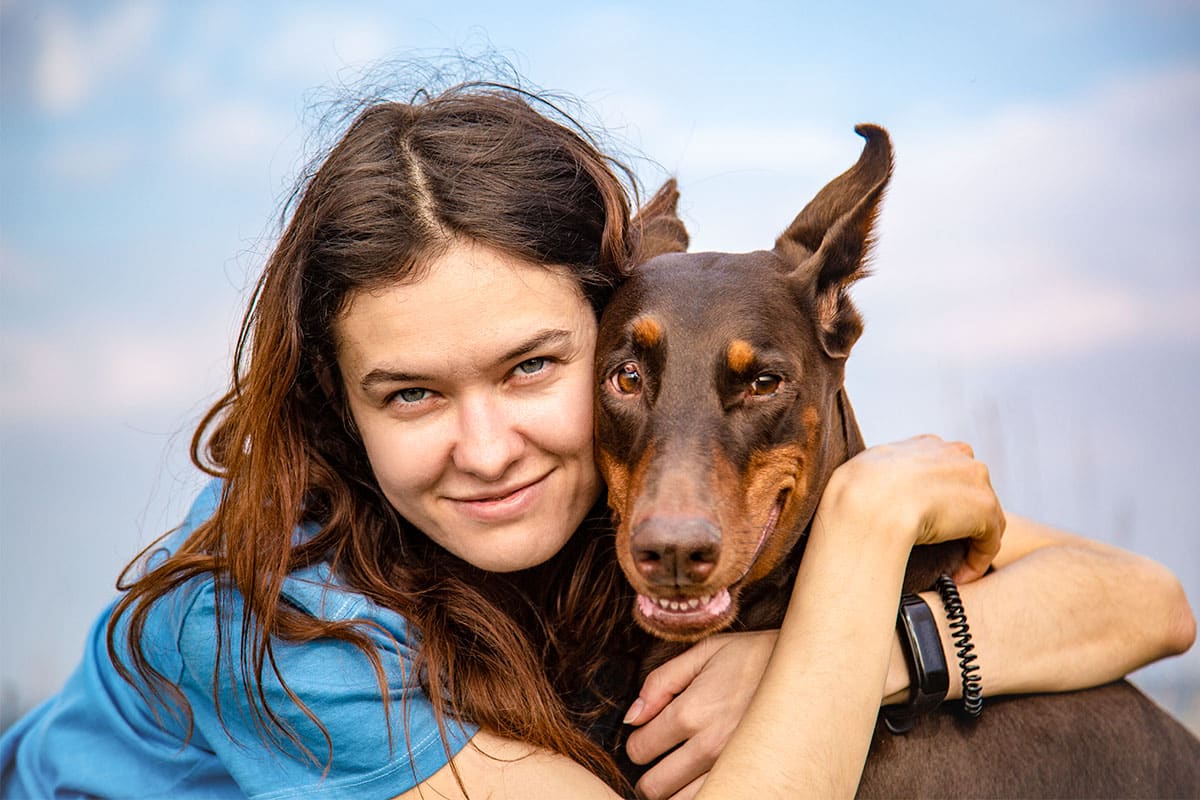
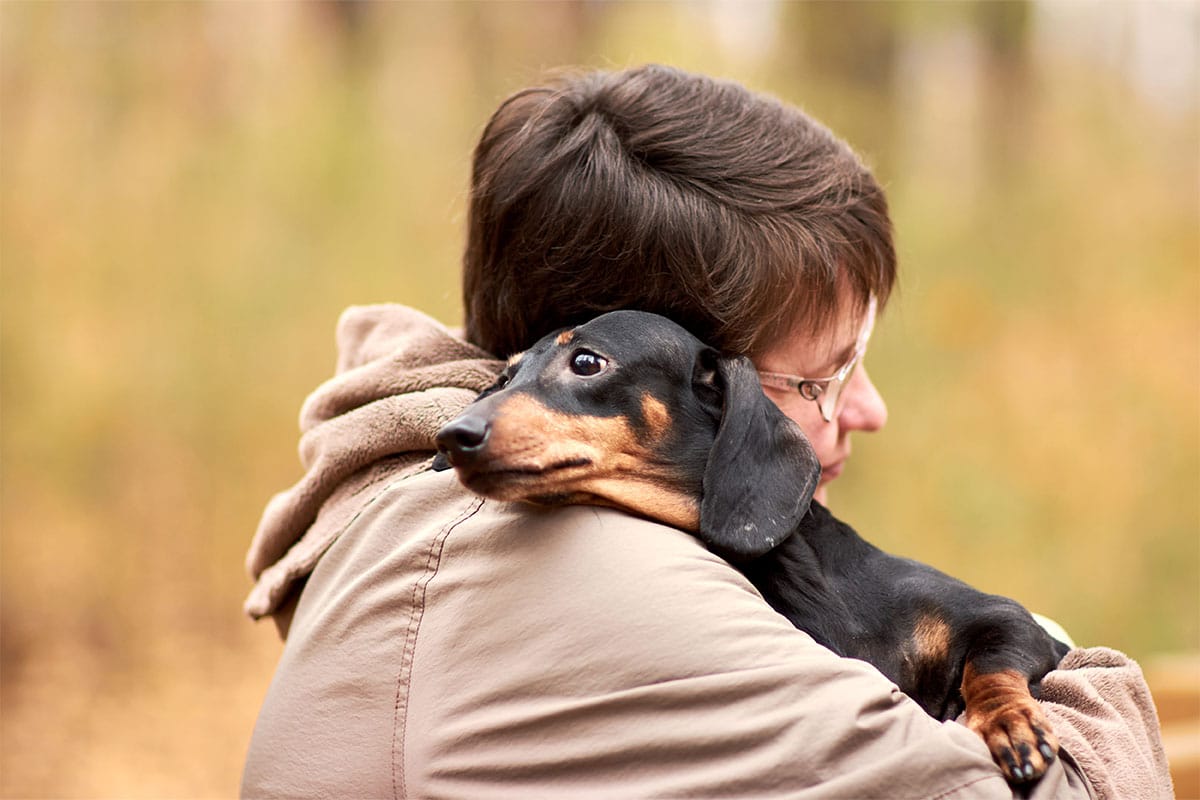



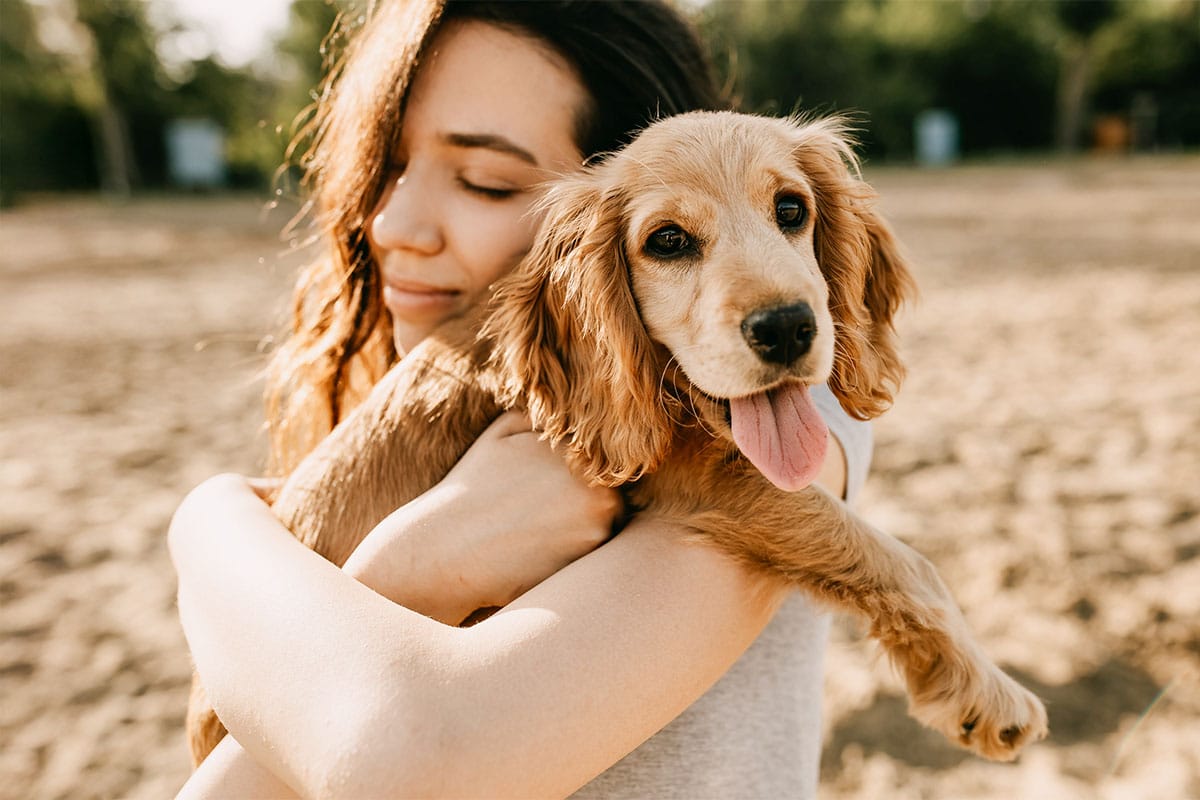




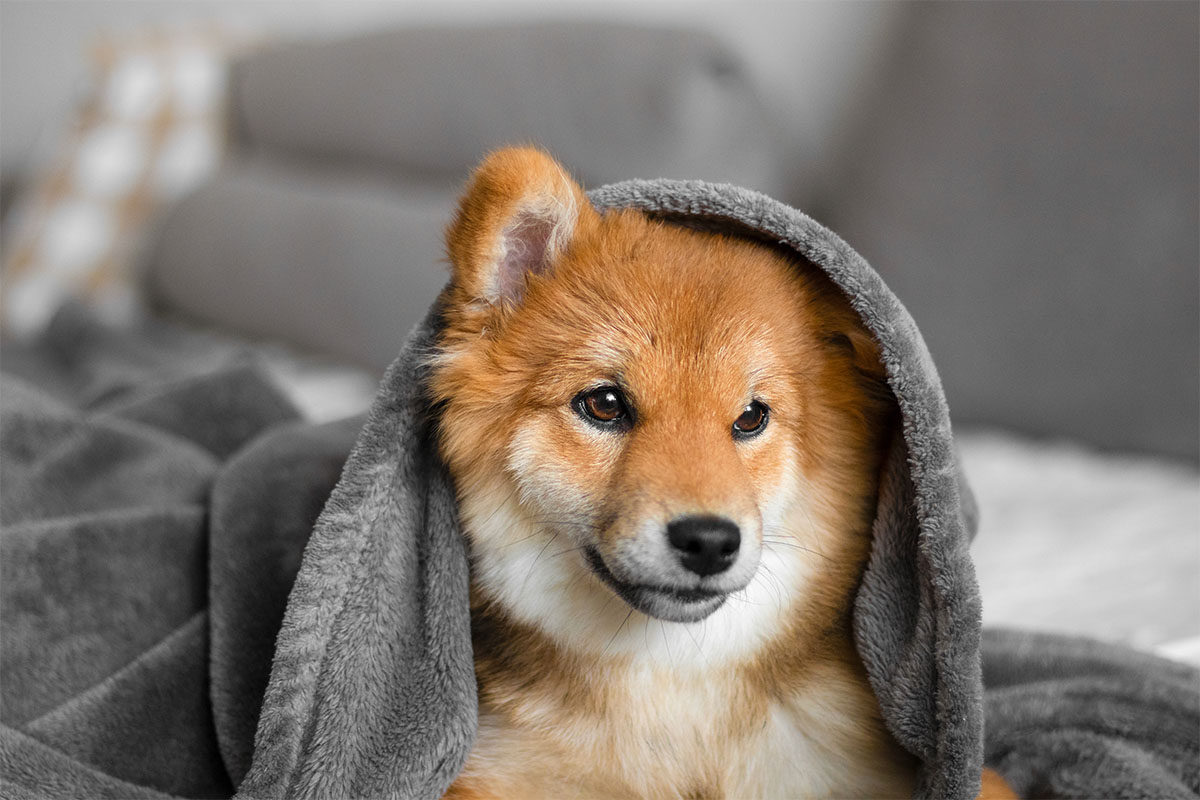
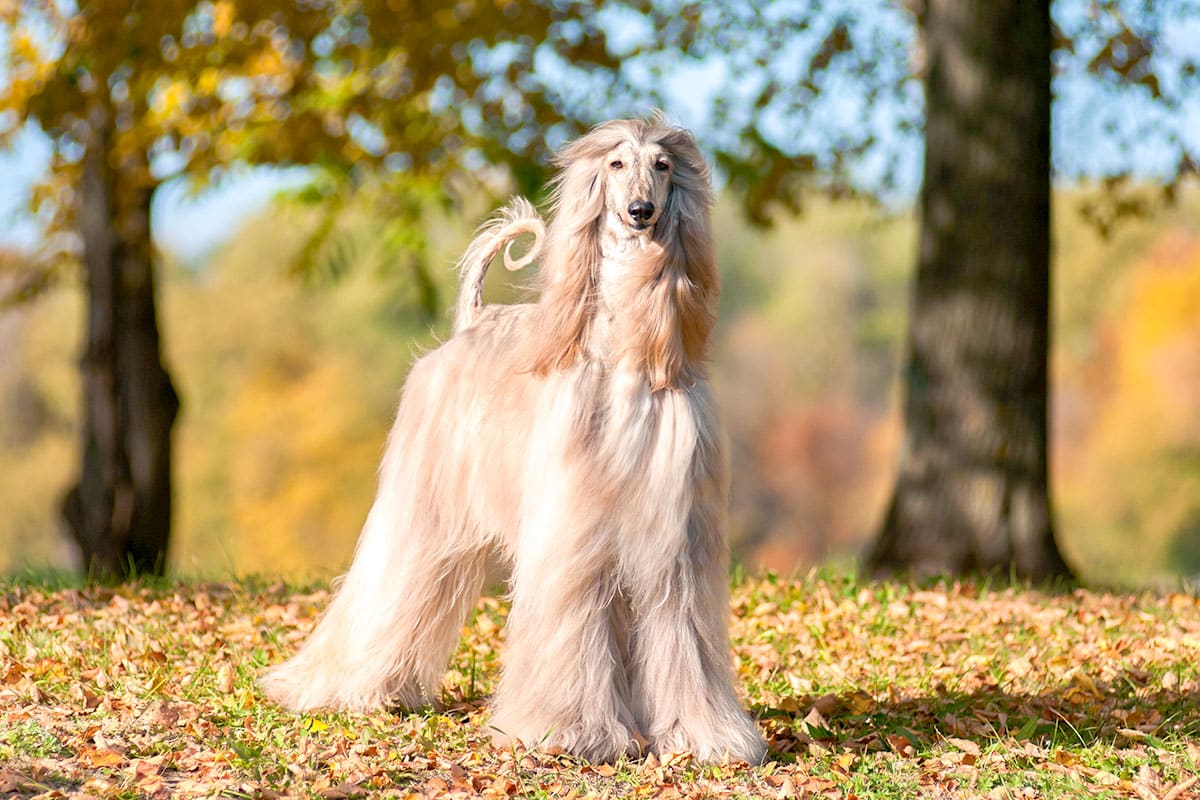
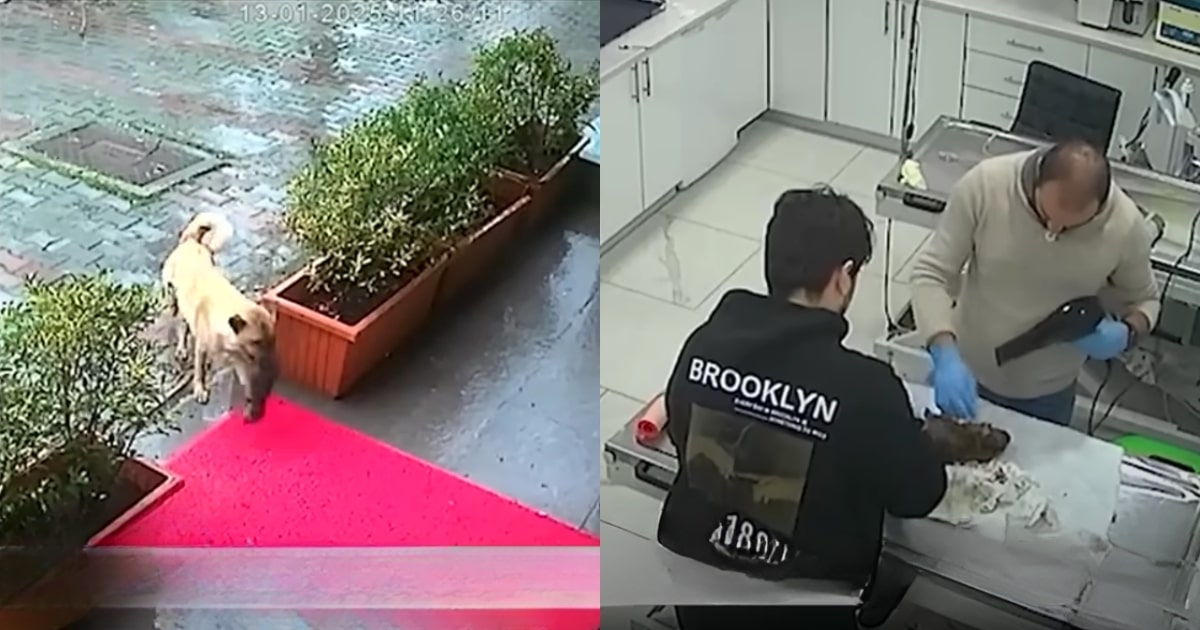


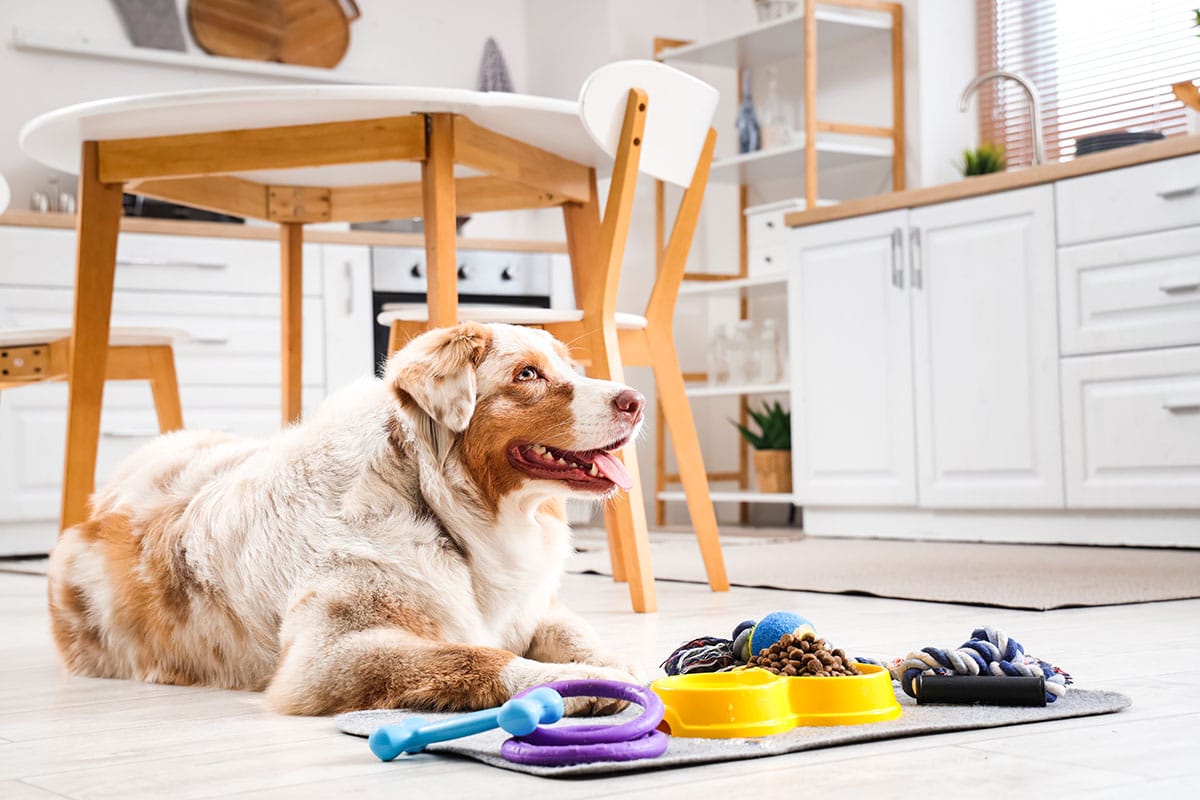

 English (US) ·
English (US) ·